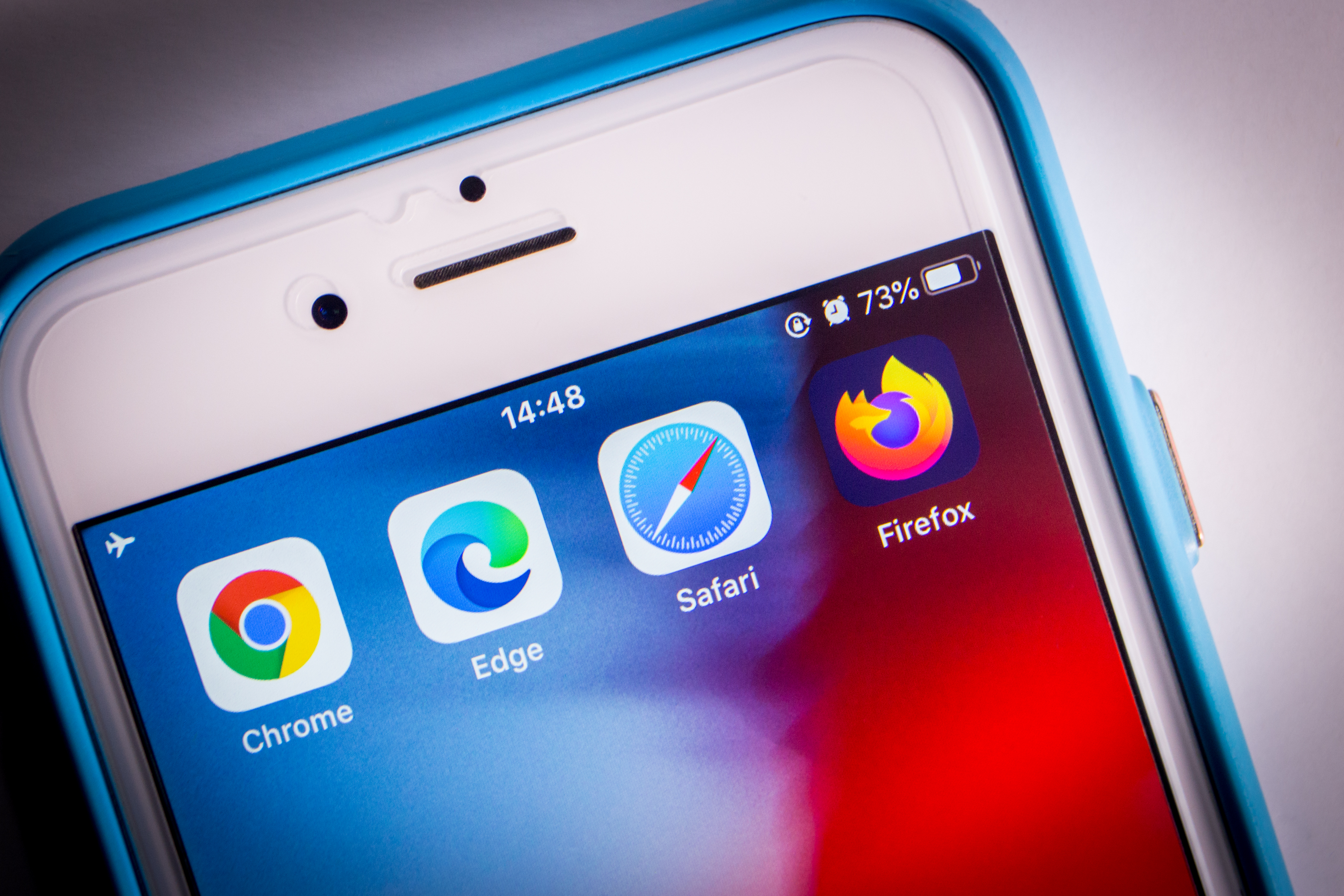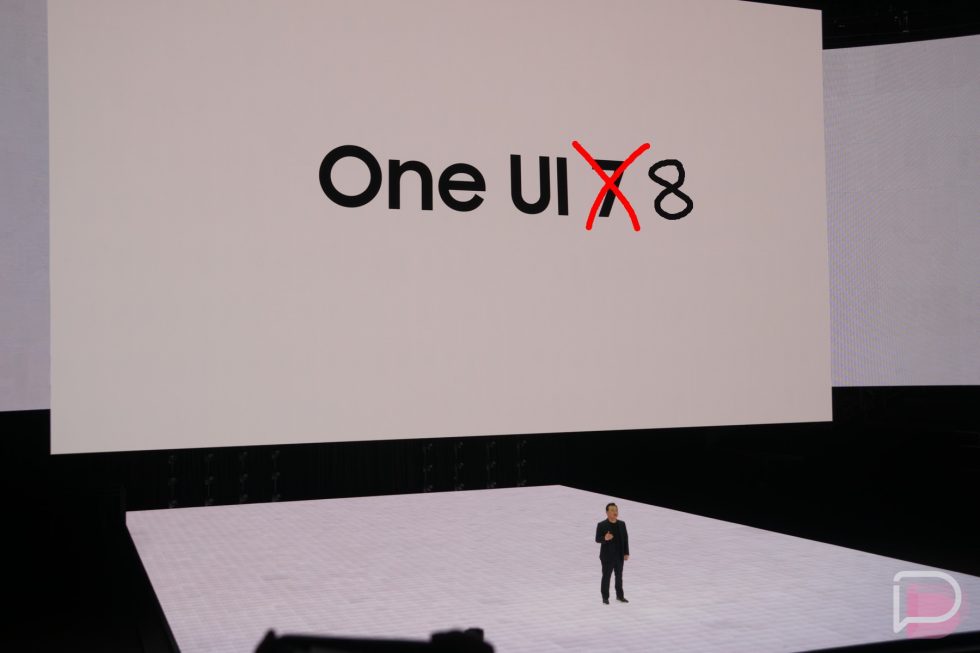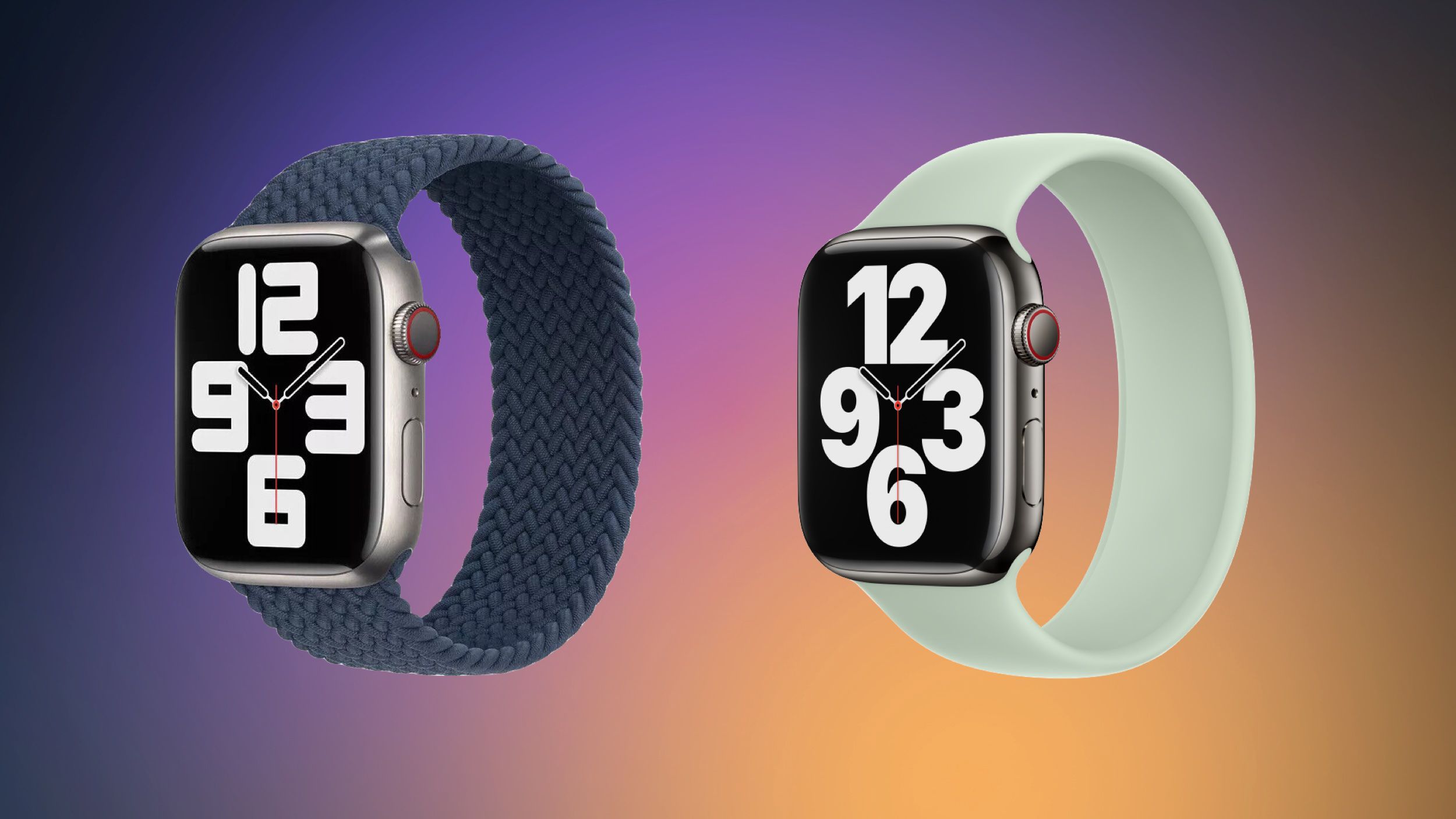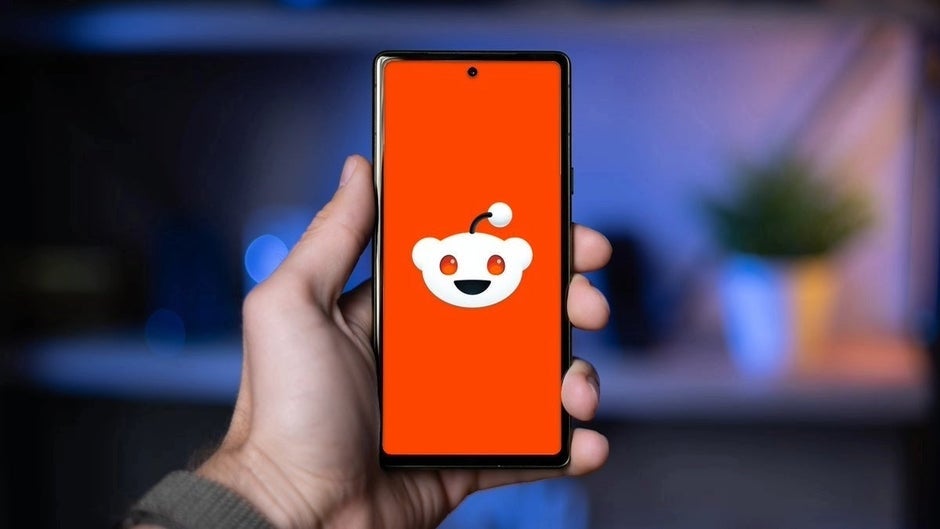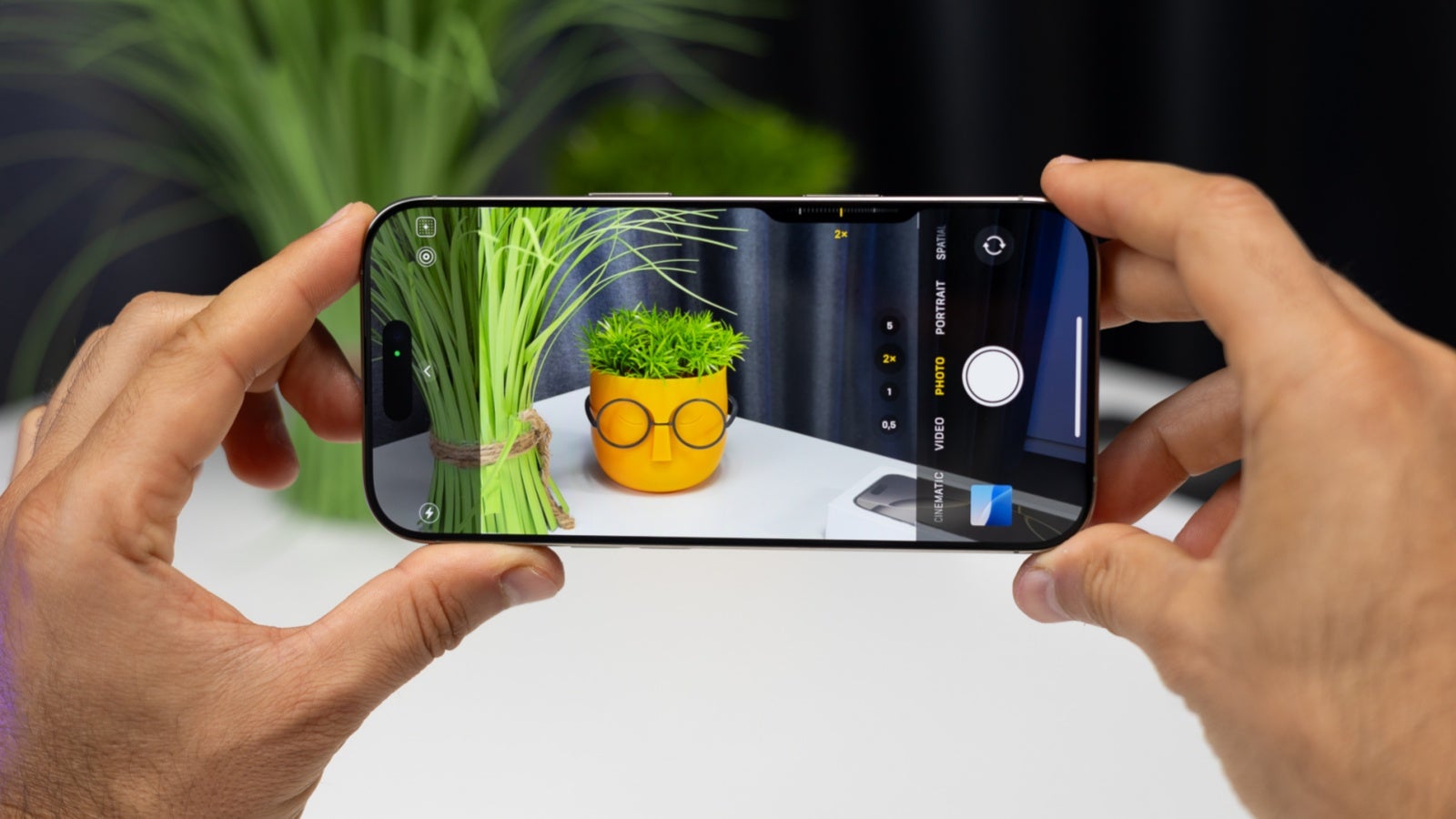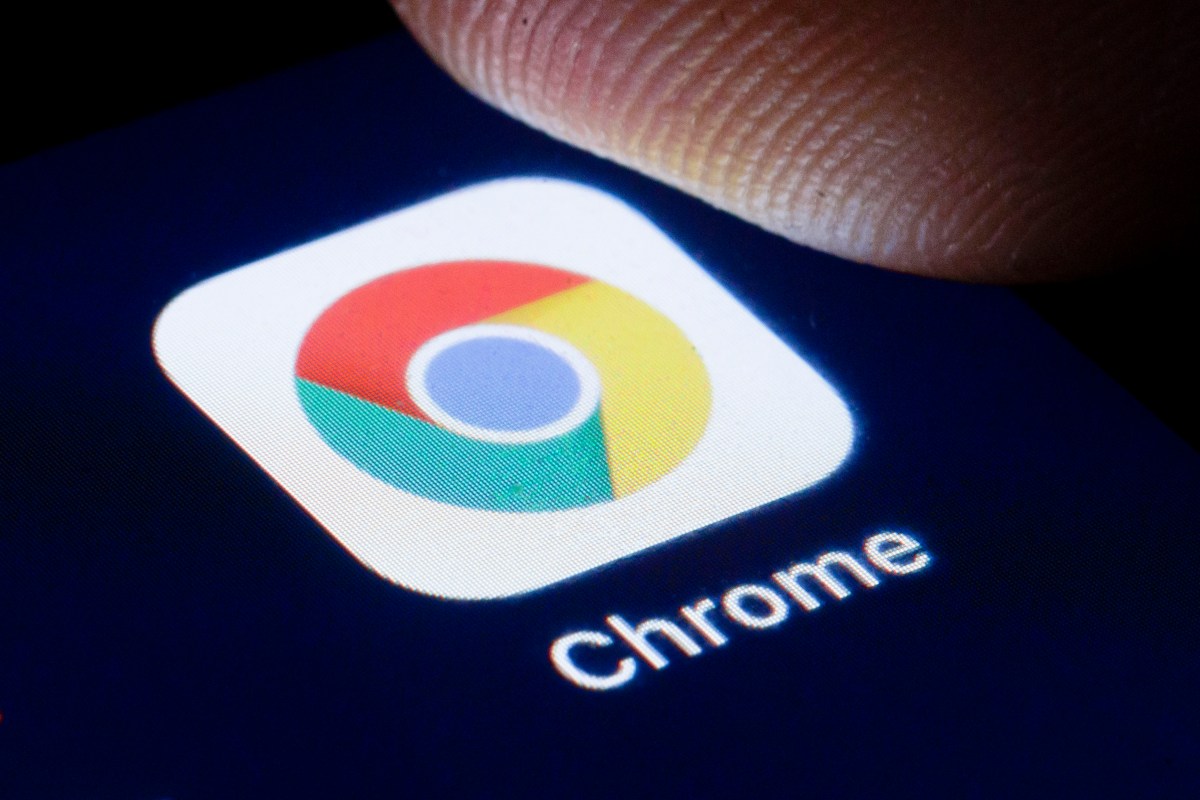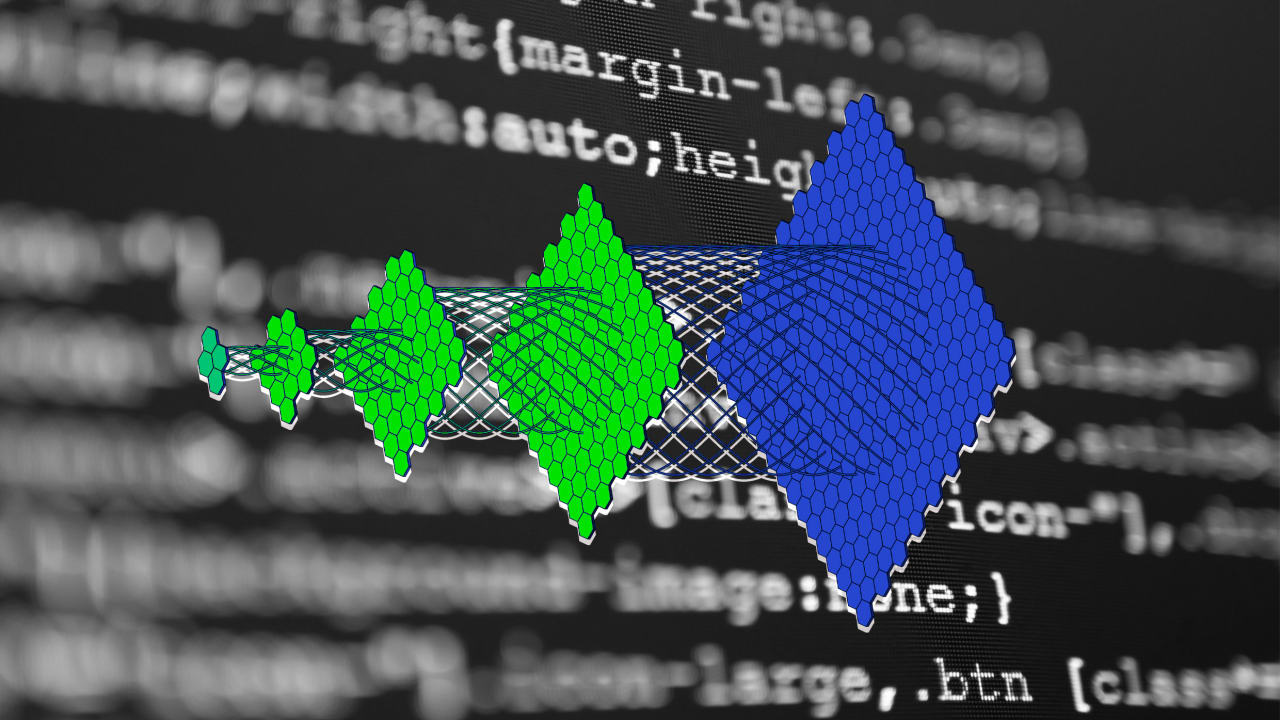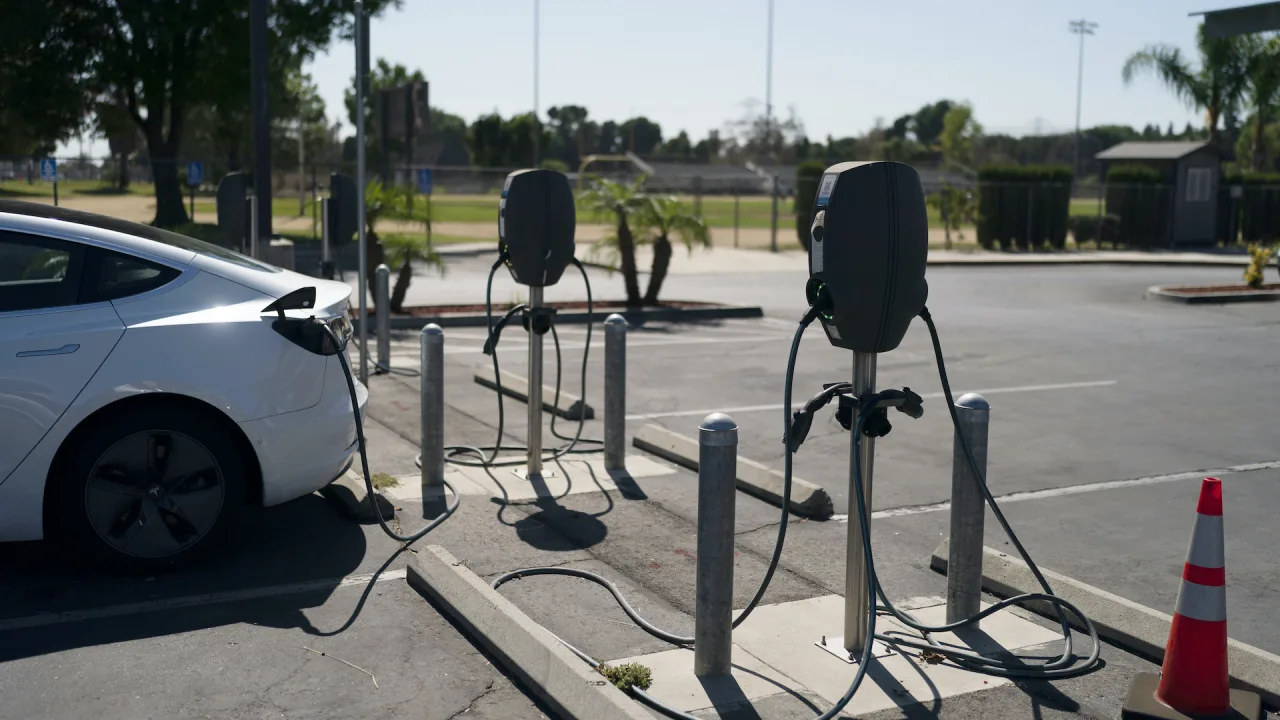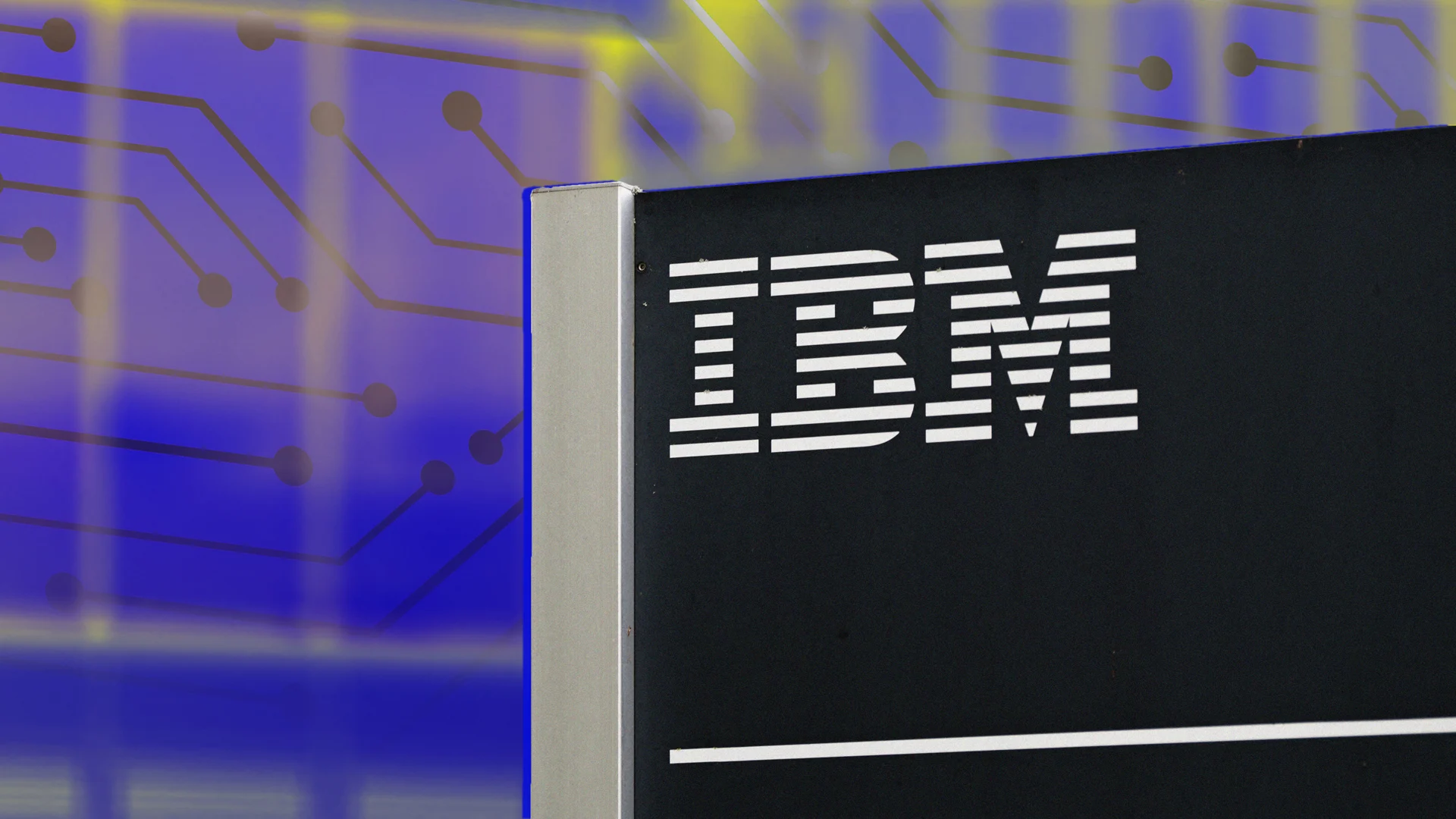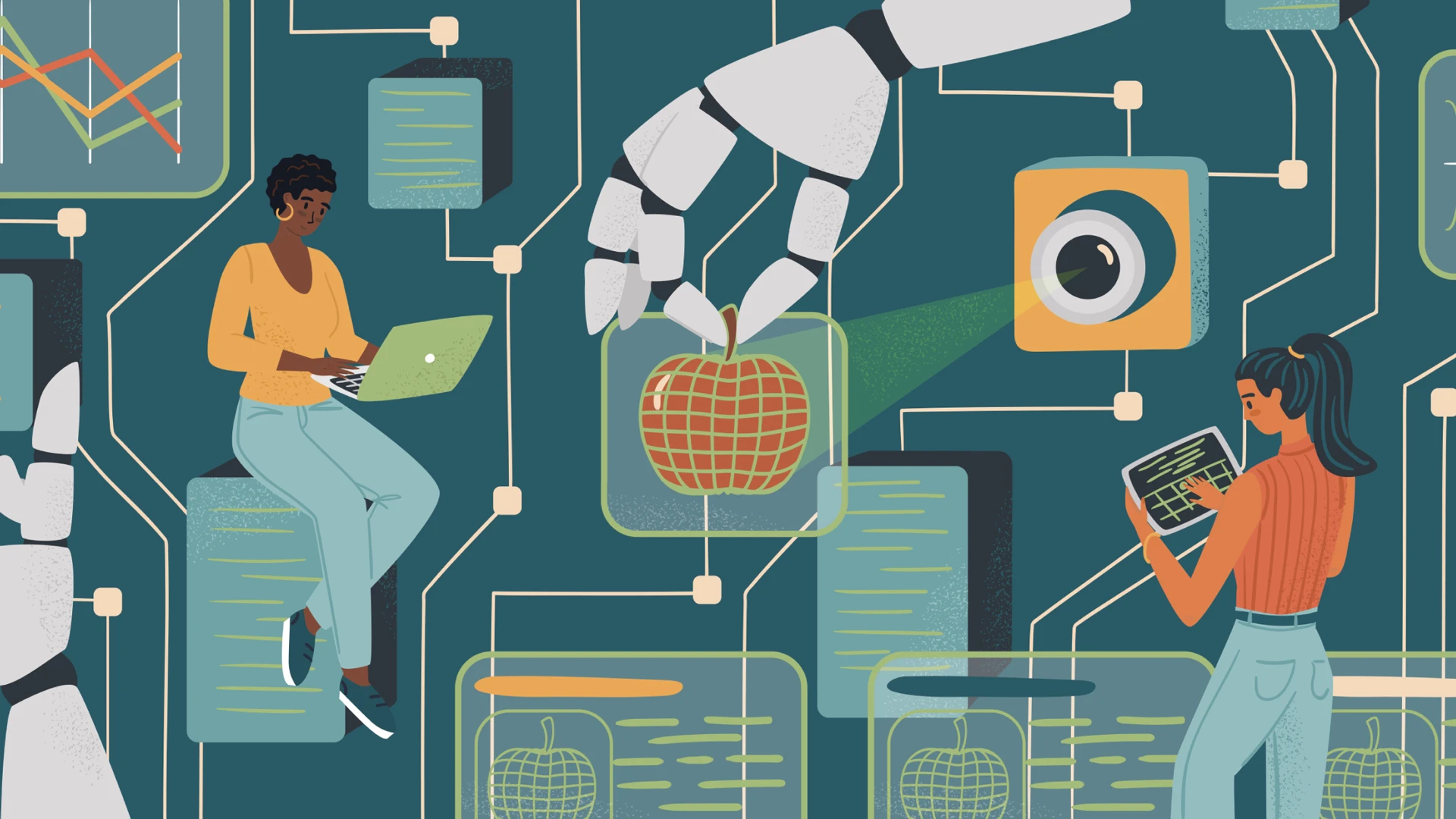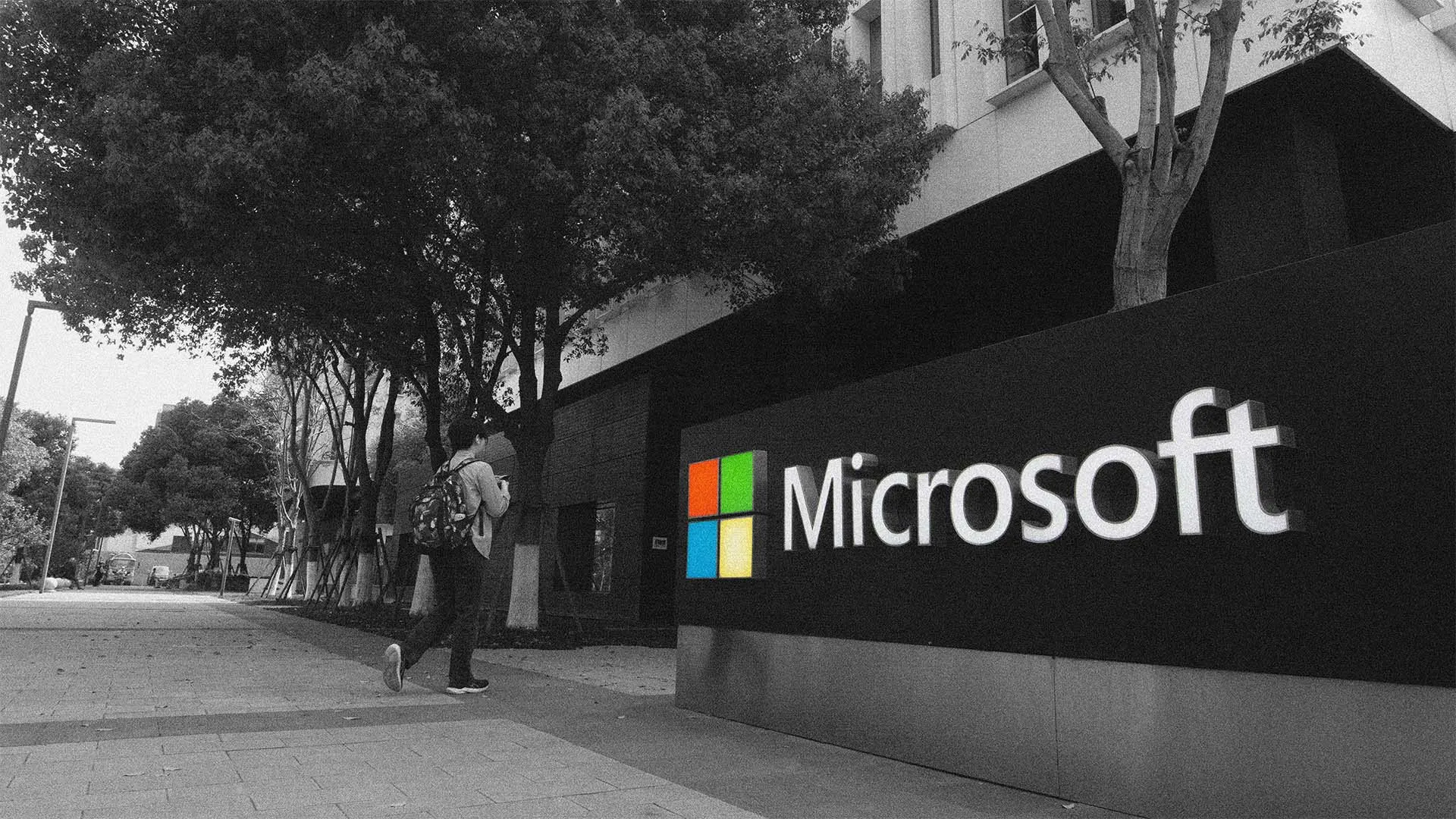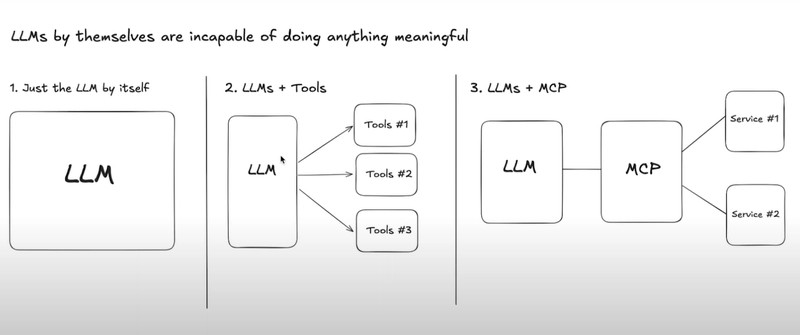Digital Marketing Application Programming
In today's tech-driven world, digital marketing is no longer just about catchy ads and engaging posts—it's about smart, automated, data-driven applications. Whether you're a developer building a marketing automation platform or a digital marketer looking to leverage tech, understanding how to program marketing applications is a game changer. What Is Digital Marketing Application Programming? Digital Marketing Application Programming refers to the development of tools, systems, and scripts that help automate, optimize, and analyze digital marketing efforts. These applications can handle tasks like SEO analysis, social media automation, email campaigns, customer segmentation, and performance tracking. Key Areas of Digital Marketing Applications Email Marketing Automation: Schedule and personalize email campaigns using tools like Mailchimp API or custom Python scripts. SEO Tools: Build bots and crawlers to check page speed, backlinks, and keyword rankings. Social Media Automation: Use APIs (e.g., Twitter, Instagram, Facebook) to schedule posts and analyze engagement. Analytics and Reporting: Integrate with Google Analytics and other platforms to generate automated reports and dashboards. Ad Campaign Management: Use Google Ads API or Meta Ads API to manage and analyze advertising campaigns. Popular Technologies and APIs Python: Great for automation, scraping, and data analysis. JavaScript/Node.js: Excellent for real-time applications, chatbots, and front-end dashboards. Google APIs: For accessing Google Ads, Google Analytics, and Google Search Console data. Facebook Graph API: For managing posts, ads, and analytics across Facebook and Instagram. Zapier/IFTTT Integration: No-code platforms for connecting various marketing tools together. Example: Sending an Automated Email with Python import smtplib from email.mime.text import MIMEText def send_email(subject, body, to_email): msg = MIMEText(body) msg['Subject'] = subject msg['From'] = 'you@example.com' msg['To'] = to_email with smtplib.SMTP('smtp.example.com', 587) as server: server.starttls() server.login('you@example.com', 'yourpassword') server.send_message(msg) send_email("Hello!", "This is an automated message.", "client@example.com") Best Practices Use APIs responsibly and within rate limits. Ensure user privacy and comply with GDPR/CCPA regulations. Log all automated actions for transparency and debugging. Design with scalability in mind—marketing data grows fast. Secure API keys and sensitive user data using environment variables. Real-World Use Cases Marketing dashboards pulling real-time analytics from multiple platforms. Automated tools that segment leads based on behavior. Chatbots that qualify sales prospects and guide users. Email drip campaigns triggered by user activity. Dynamic landing pages generated based on campaign source. Conclusion Digital marketing is being transformed by smart programming. Developers and marketers working together can create systems that reduce manual labor, improve targeting, and increase ROI. Whether you're automating emails, analyzing SEO, or building AI chatbots—coding skills are a superpower in digital marketing.


In today's tech-driven world, digital marketing is no longer just about catchy ads and engaging posts—it's about smart, automated, data-driven applications. Whether you're a developer building a marketing automation platform or a digital marketer looking to leverage tech, understanding how to program marketing applications is a game changer.
What Is Digital Marketing Application Programming?
Digital Marketing Application Programming refers to the development of tools, systems, and scripts that help automate, optimize, and analyze digital marketing efforts. These applications can handle tasks like SEO analysis, social media automation, email campaigns, customer segmentation, and performance tracking.
Key Areas of Digital Marketing Applications
- Email Marketing Automation: Schedule and personalize email campaigns using tools like Mailchimp API or custom Python scripts.
- SEO Tools: Build bots and crawlers to check page speed, backlinks, and keyword rankings.
- Social Media Automation: Use APIs (e.g., Twitter, Instagram, Facebook) to schedule posts and analyze engagement.
- Analytics and Reporting: Integrate with Google Analytics and other platforms to generate automated reports and dashboards.
- Ad Campaign Management: Use Google Ads API or Meta Ads API to manage and analyze advertising campaigns.
Popular Technologies and APIs
- Python: Great for automation, scraping, and data analysis.
- JavaScript/Node.js: Excellent for real-time applications, chatbots, and front-end dashboards.
- Google APIs: For accessing Google Ads, Google Analytics, and Google Search Console data.
- Facebook Graph API: For managing posts, ads, and analytics across Facebook and Instagram.
- Zapier/IFTTT Integration: No-code platforms for connecting various marketing tools together.
Example: Sending an Automated Email with Python
import smtplib
from email.mime.text import MIMEText
def send_email(subject, body, to_email):
msg = MIMEText(body)
msg['Subject'] = subject
msg['From'] = 'you@example.com'
msg['To'] = to_email
with smtplib.SMTP('smtp.example.com', 587) as server:
server.starttls()
server.login('you@example.com', 'yourpassword')
server.send_message(msg)
send_email("Hello!", "This is an automated message.", "client@example.com")
Best Practices
- Use APIs responsibly and within rate limits.
- Ensure user privacy and comply with GDPR/CCPA regulations.
- Log all automated actions for transparency and debugging.
- Design with scalability in mind—marketing data grows fast.
- Secure API keys and sensitive user data using environment variables.
Real-World Use Cases
- Marketing dashboards pulling real-time analytics from multiple platforms.
- Automated tools that segment leads based on behavior.
- Chatbots that qualify sales prospects and guide users.
- Email drip campaigns triggered by user activity.
- Dynamic landing pages generated based on campaign source.
Conclusion
Digital marketing is being transformed by smart programming. Developers and marketers working together can create systems that reduce manual labor, improve targeting, and increase ROI. Whether you're automating emails, analyzing SEO, or building AI chatbots—coding skills are a superpower in digital marketing.
















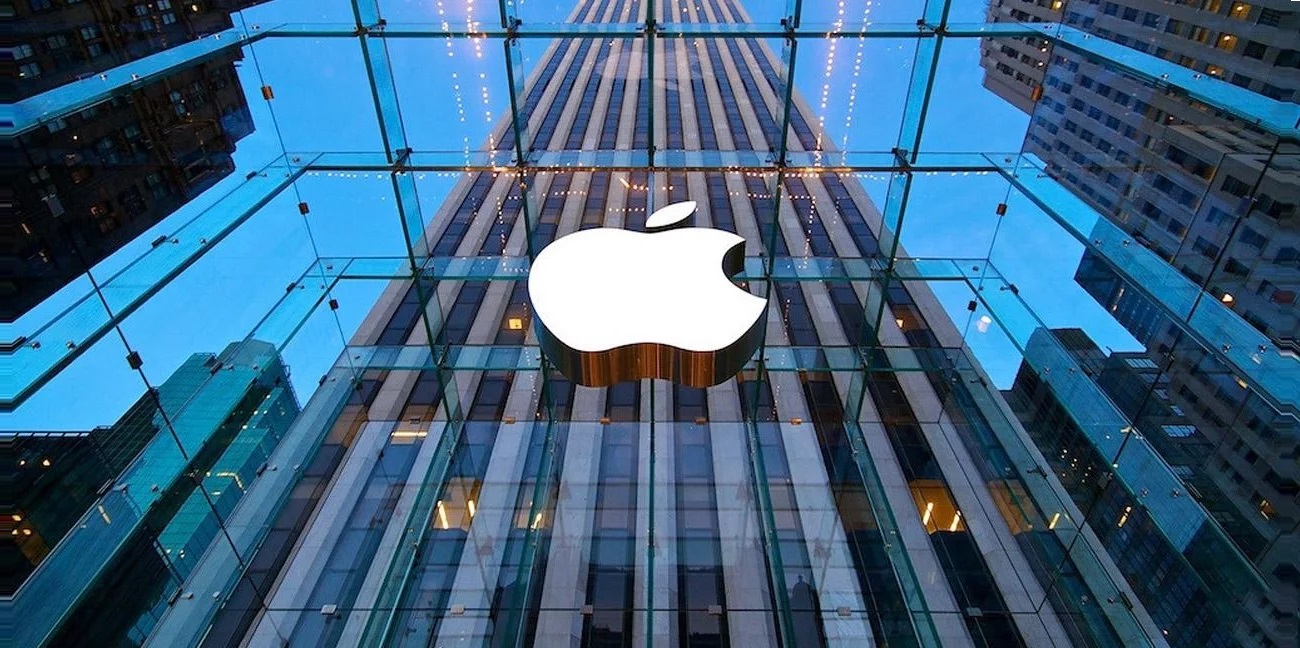
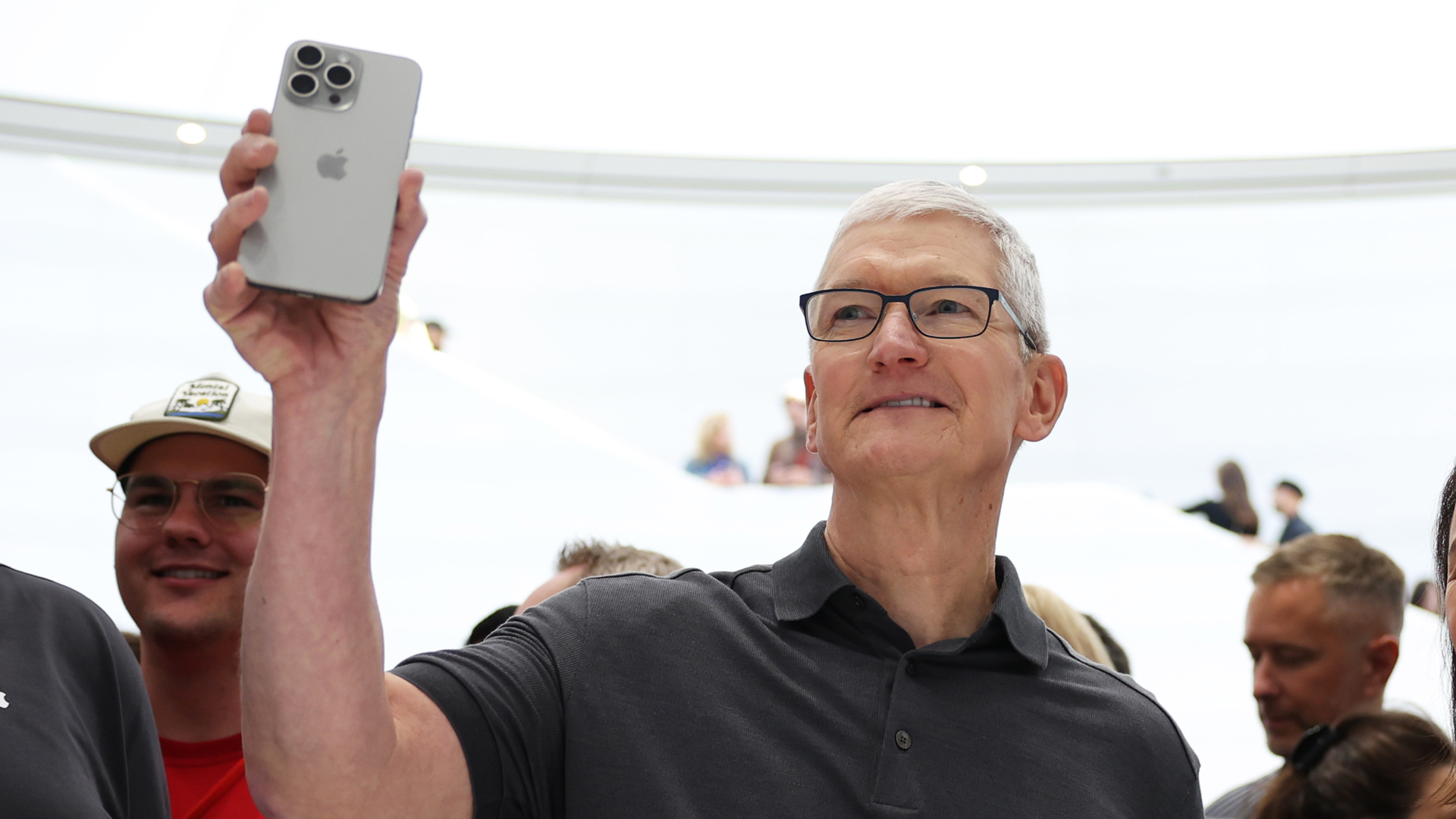































































































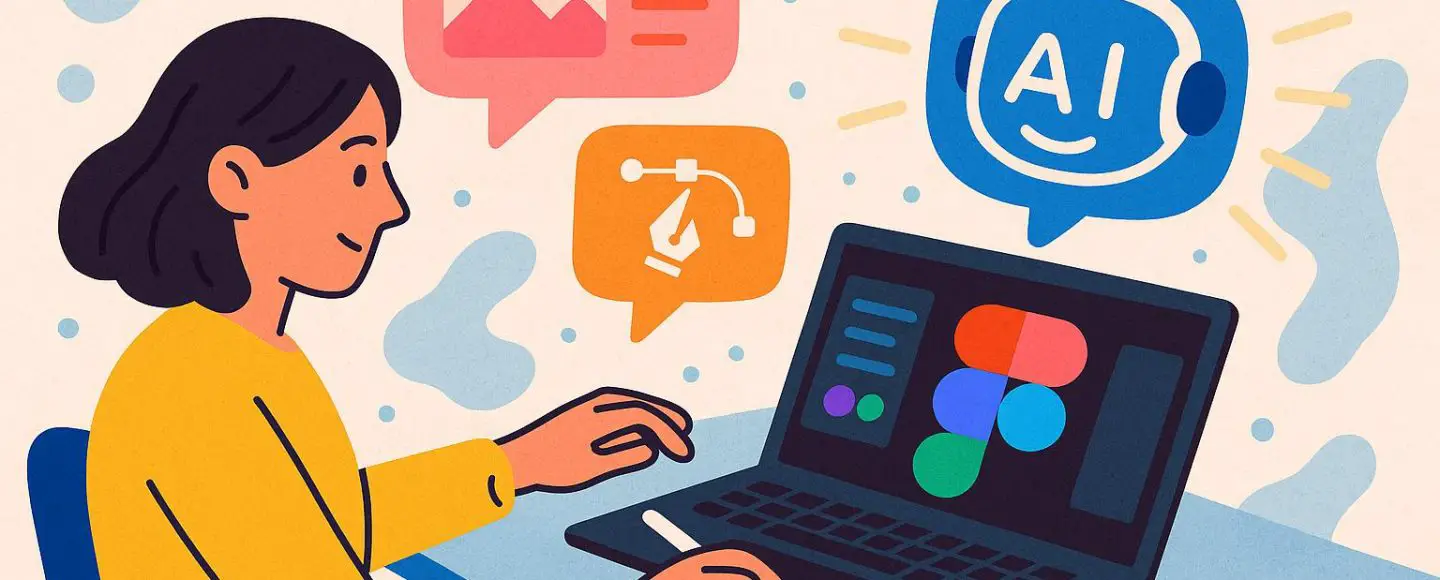























































![[The AI Show Episode 146]: Rise of “AI-First” Companies, AI Job Disruption, GPT-4o Update Gets Rolled Back, How Big Consulting Firms Use AI, and Meta AI App](https://www.marketingaiinstitute.com/hubfs/ep%20146%20cover.png)







































































































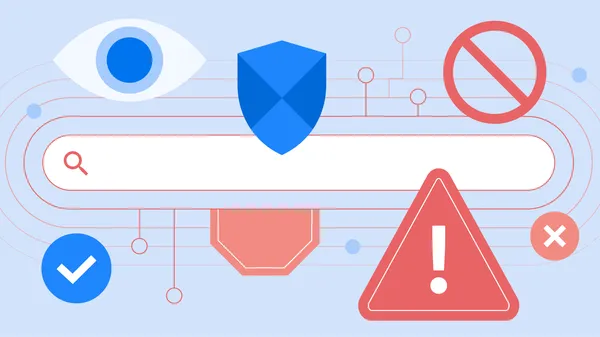

















![[DEALS] The Premium Python Programming PCEP Certification Prep Bundle (67% off) & Other Deals Up To 98% Off – Offers End Soon!](https://www.javacodegeeks.com/wp-content/uploads/2012/12/jcg-logo.jpg)





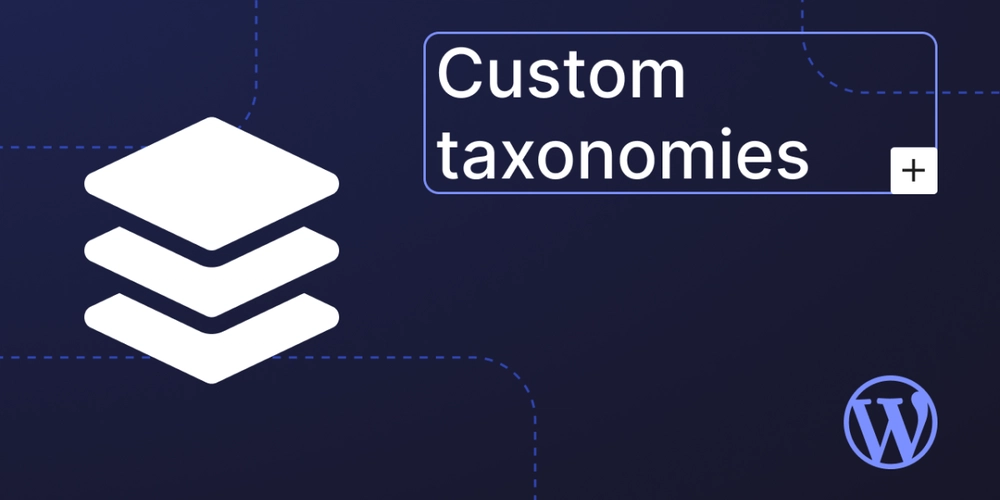
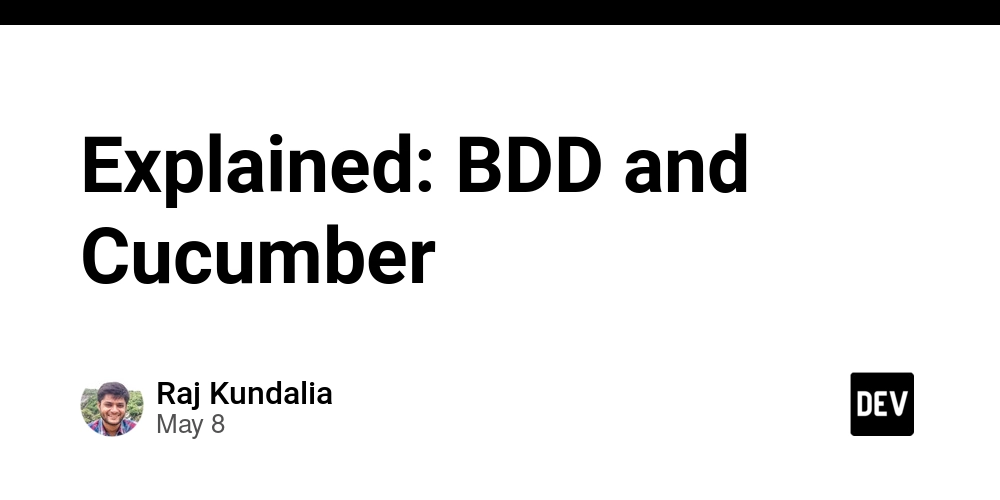

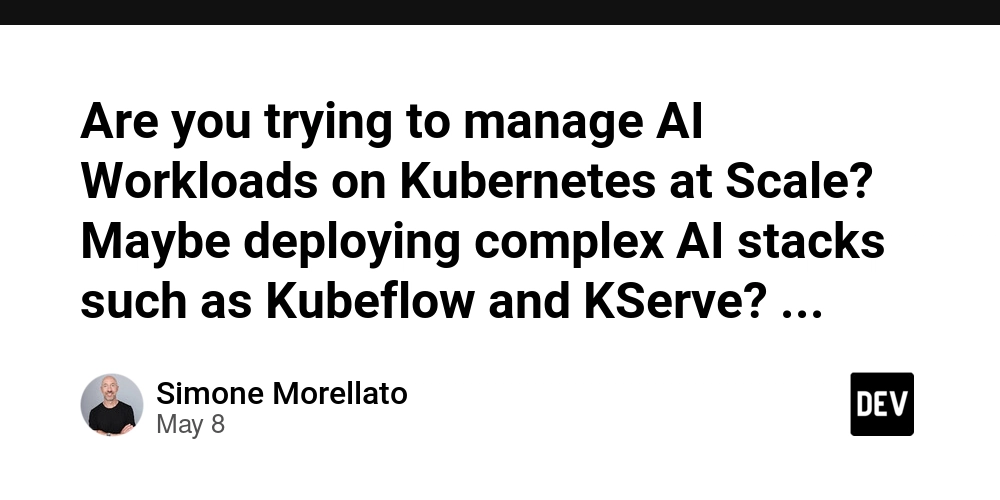






































.jpg?#)






























































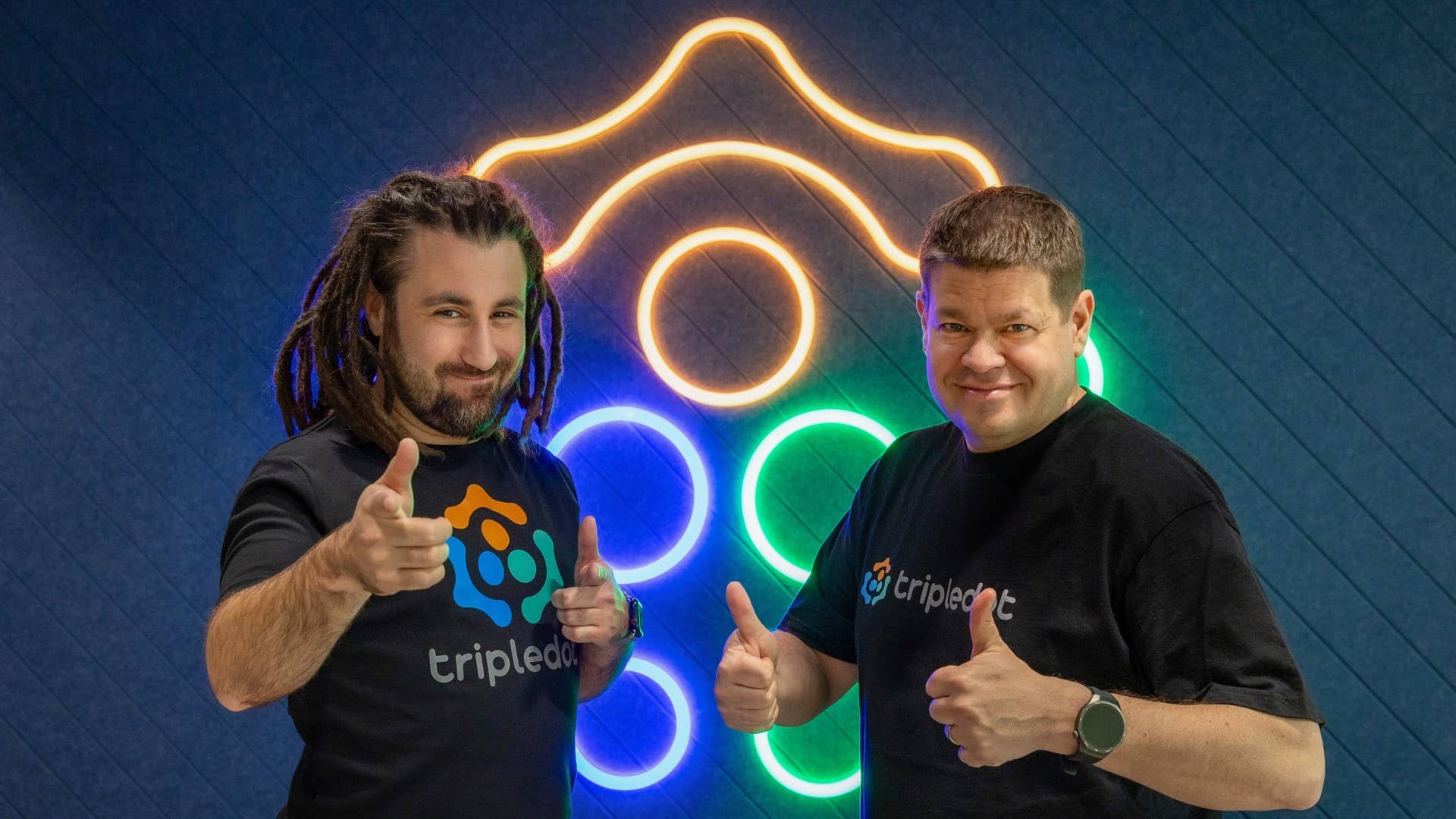



-Mafia-The-Old-Country---The-Initiation-Trailer-00-00-54.png?width=1920&height=1920&fit=bounds&quality=70&format=jpg&auto=webp#)
-Nintendo-Switch-2---Reveal-Trailer-00-01-52.png?width=1920&height=1920&fit=bounds&quality=70&format=jpg&auto=webp#)























_Aleksey_Funtap_Alamy.jpg?width=1280&auto=webp&quality=80&disable=upscale#)
_Sergey_Tarasov_Alamy.jpg?width=1280&auto=webp&quality=80&disable=upscale#)























































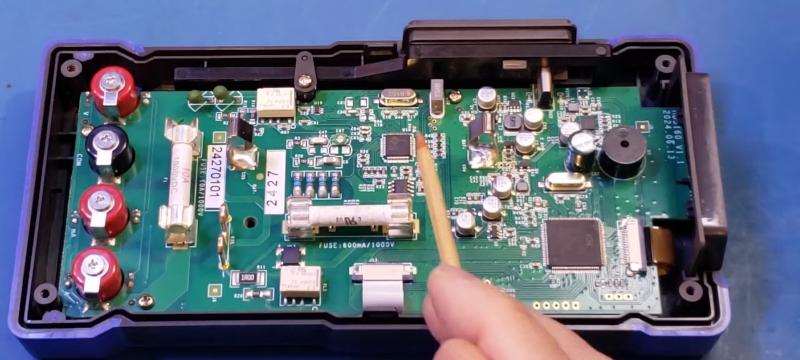

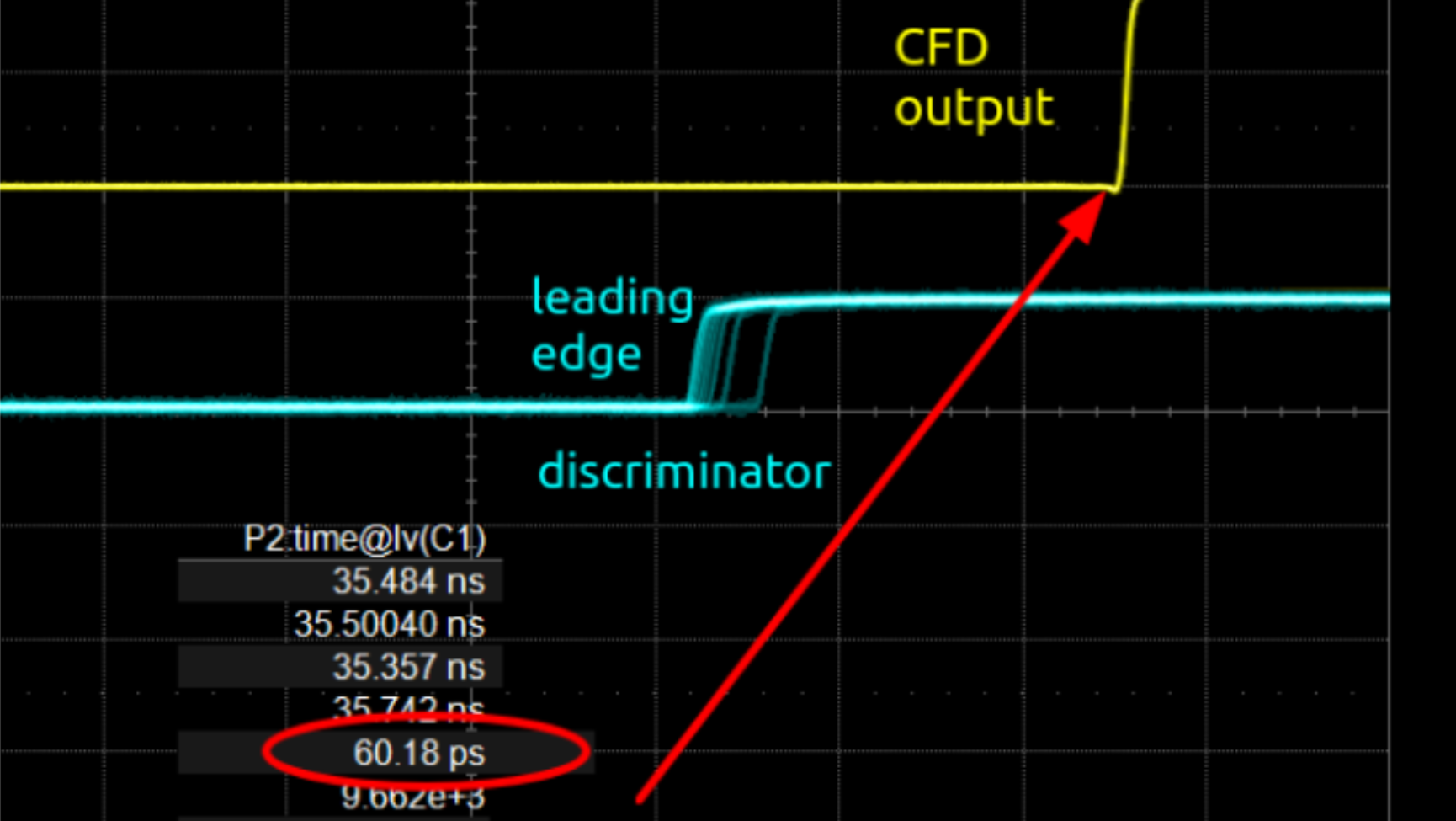


















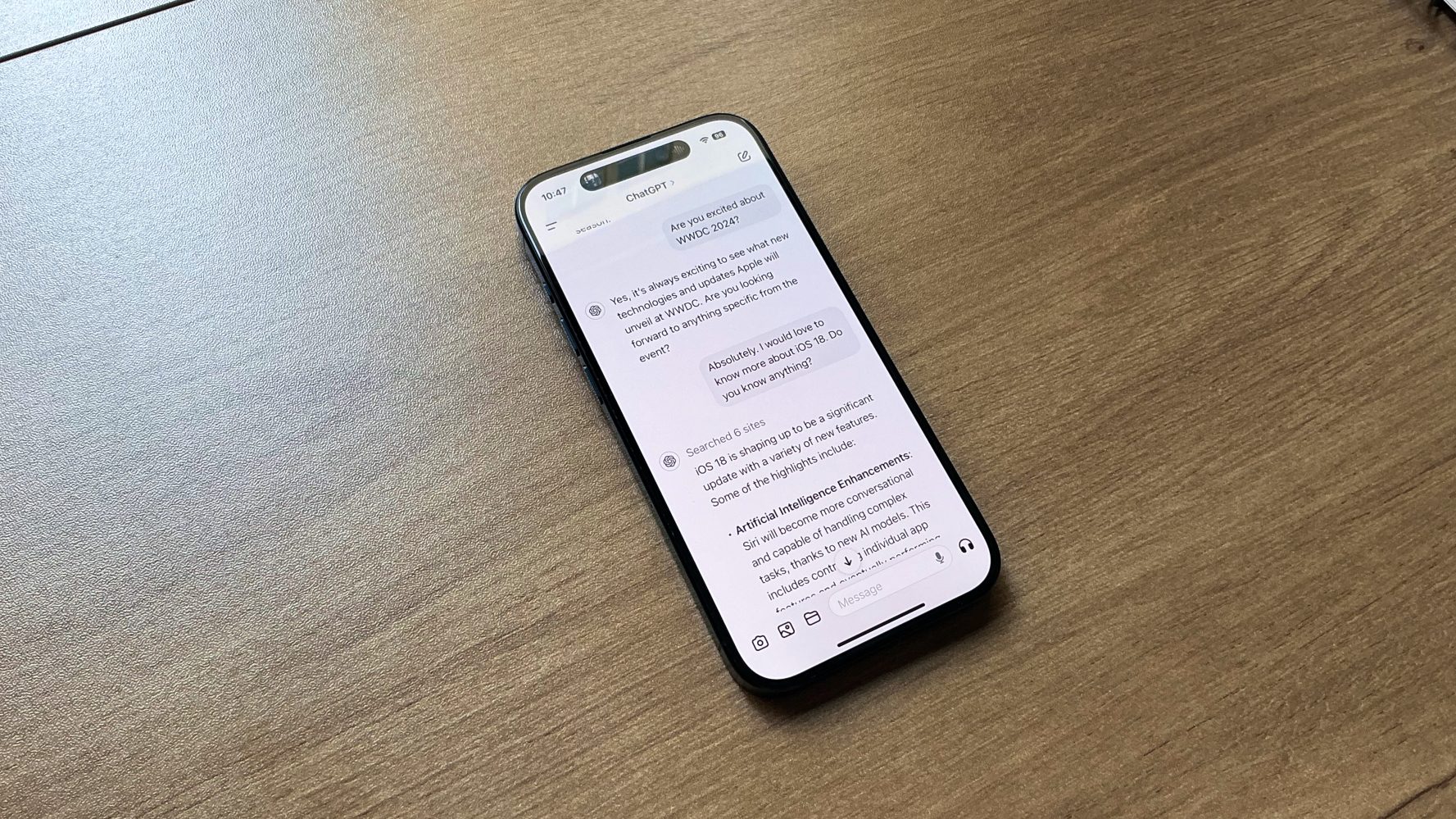



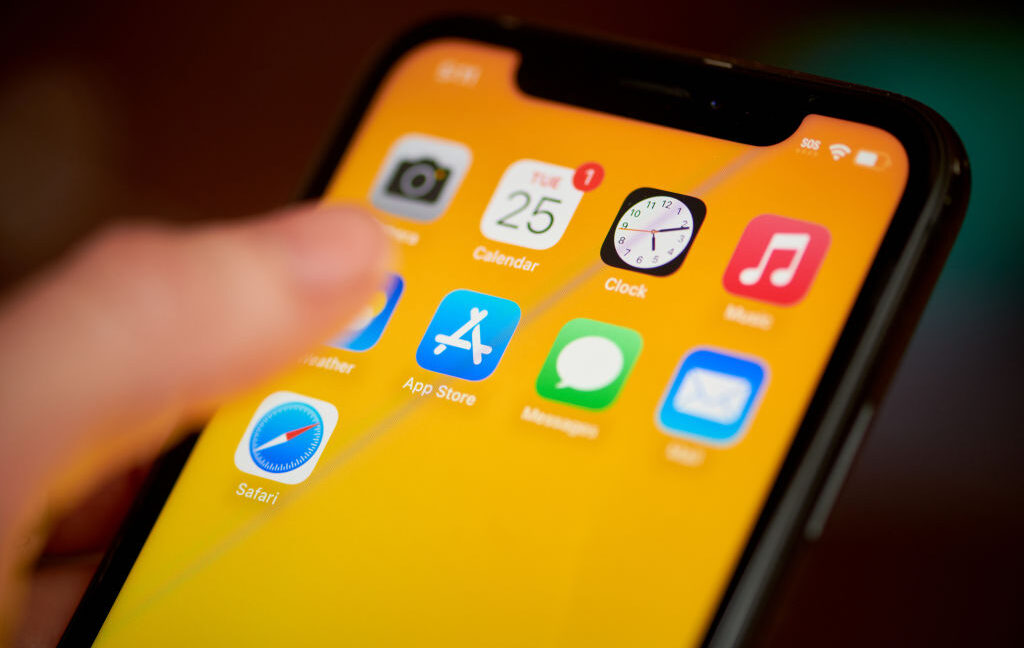





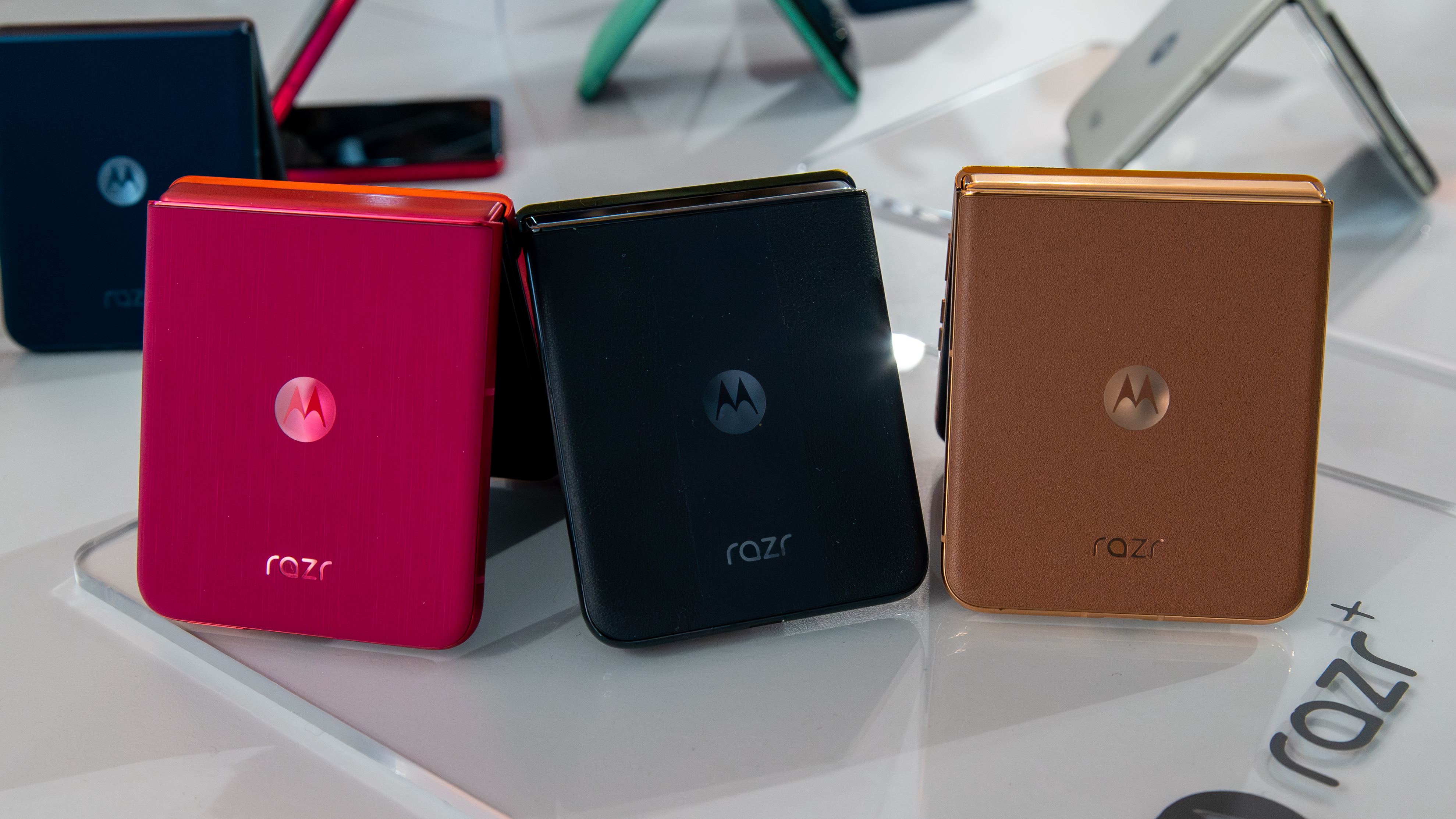
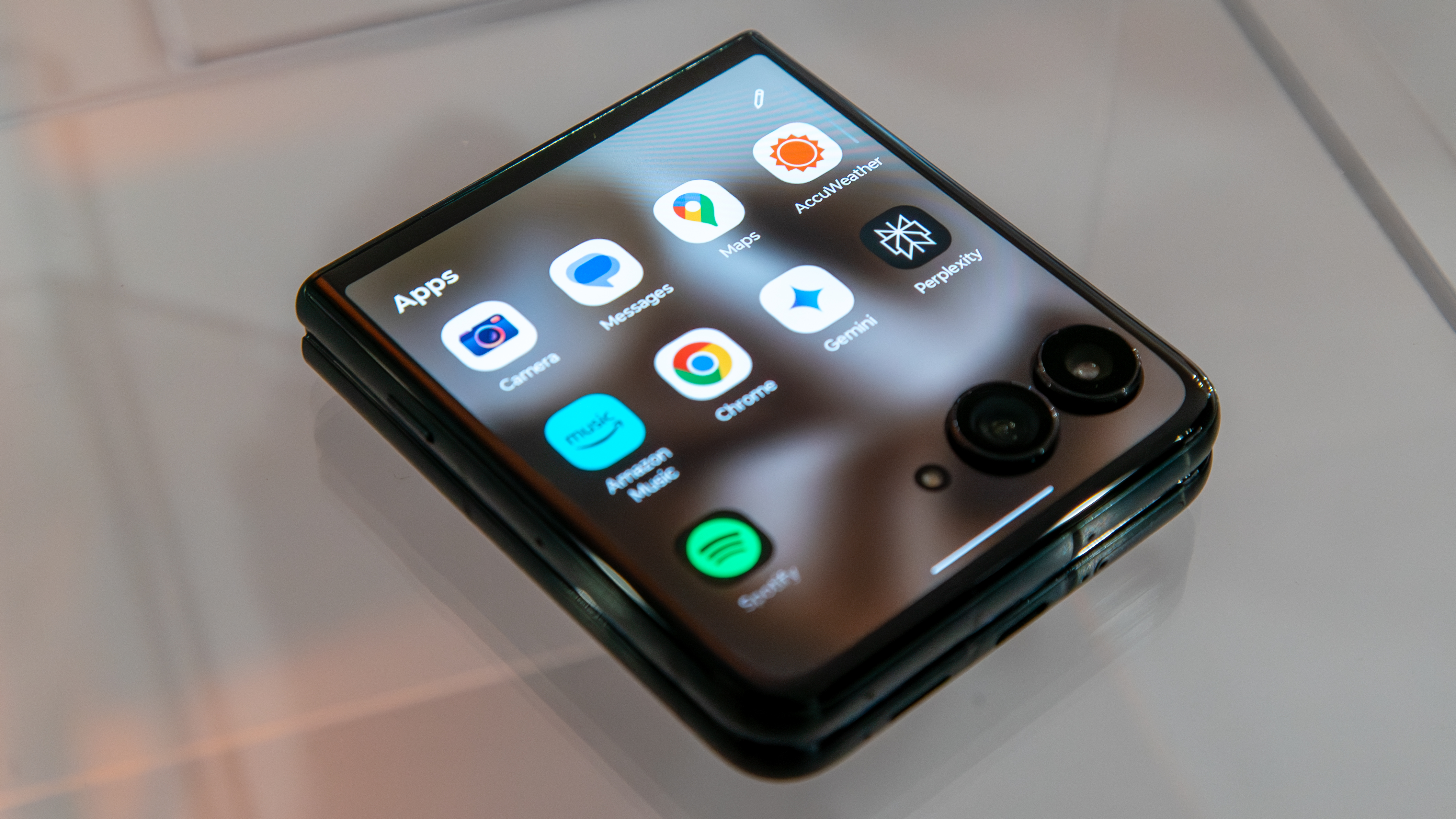
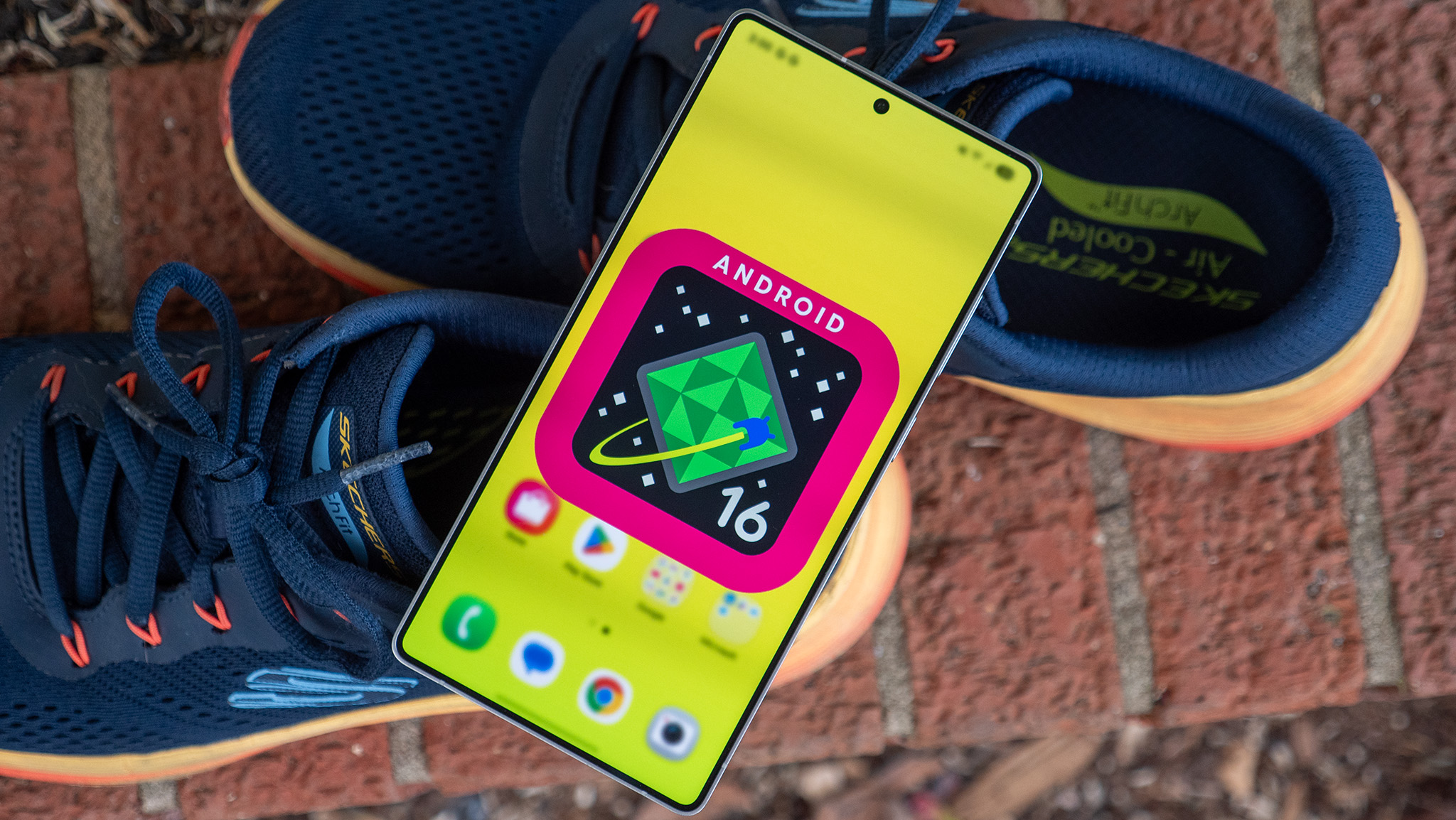
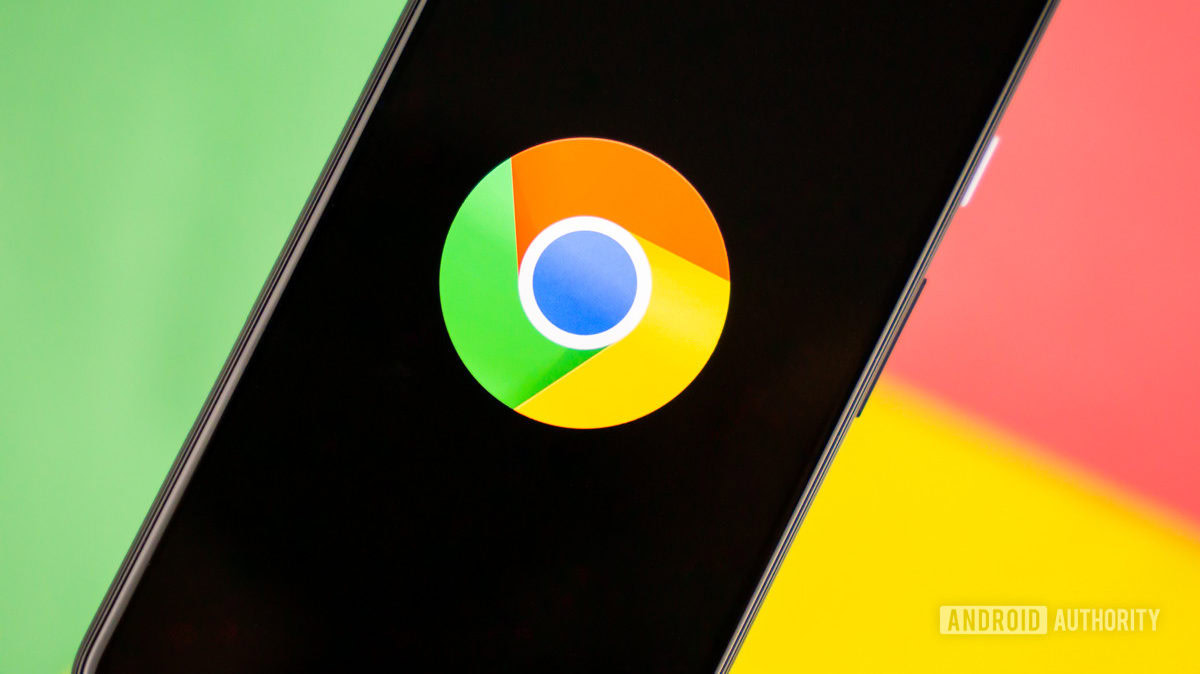

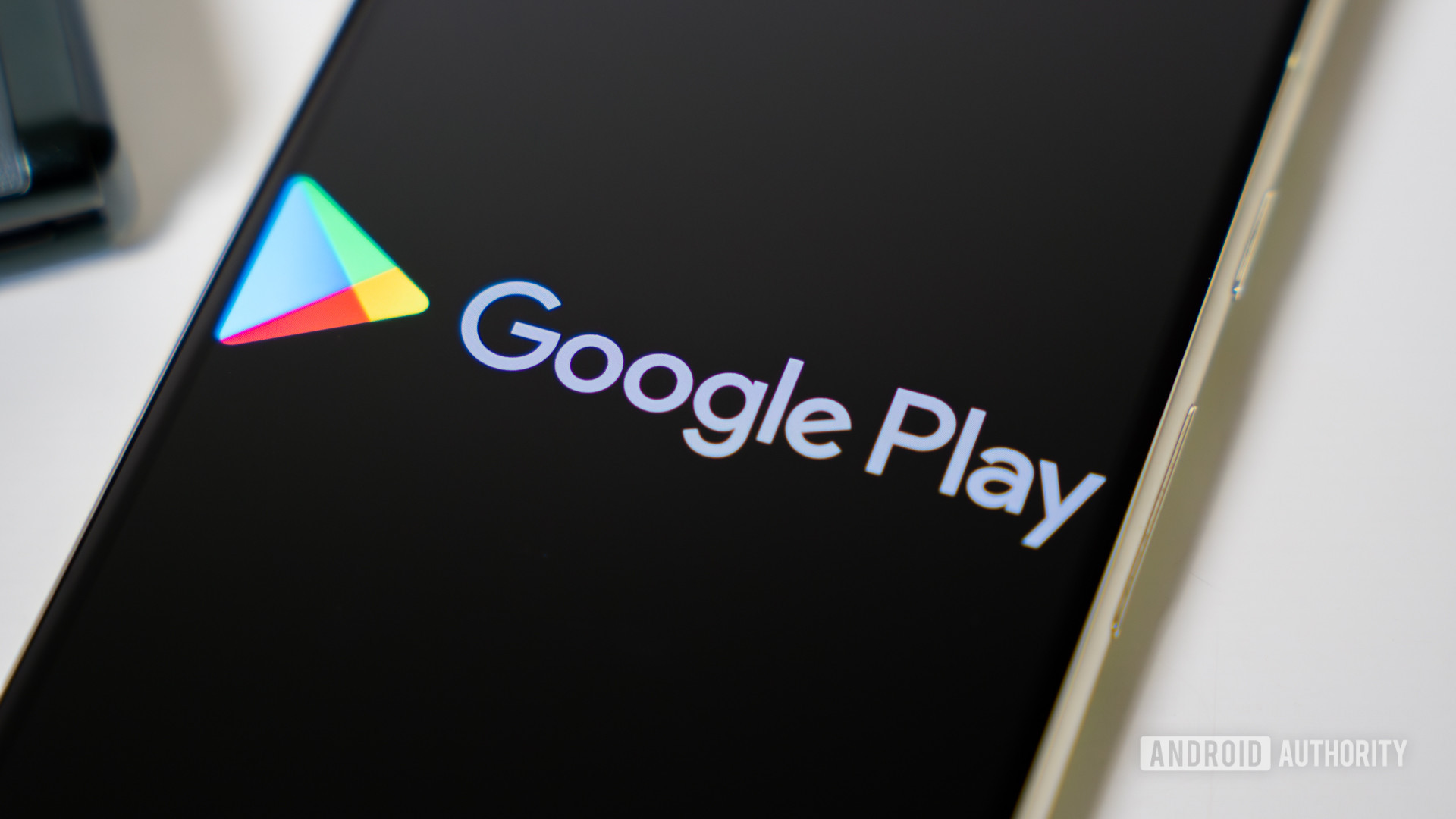
















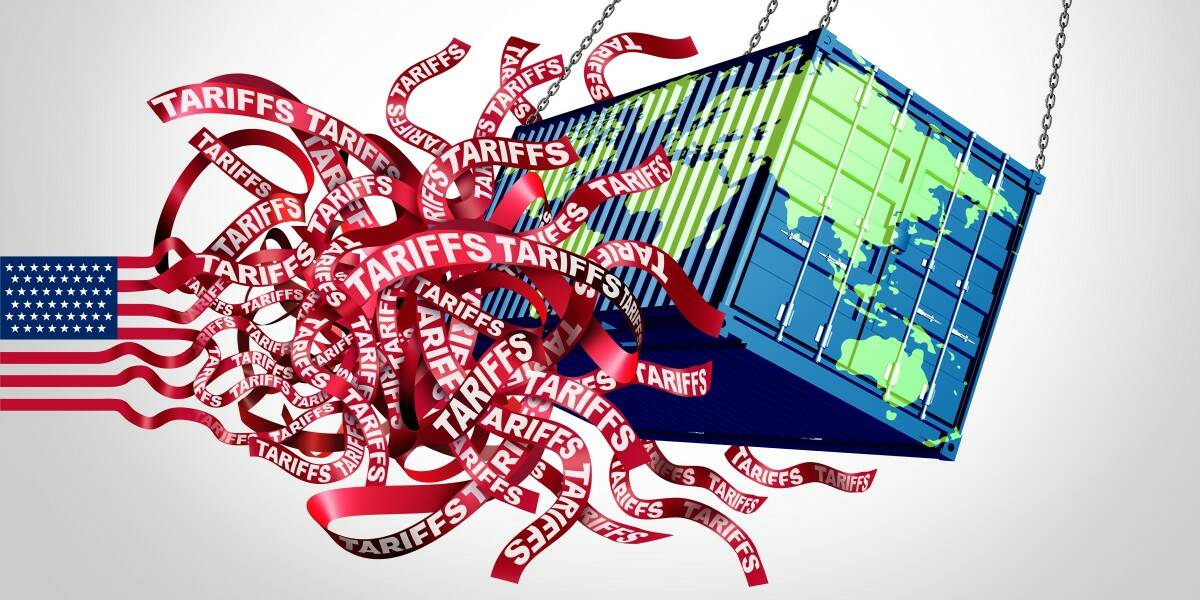


![Apple Shares Official Trailer for 'Stick' Starring Owen Wilson [Video]](https://www.iclarified.com/images/news/97264/97264/97264-640.jpg)


![Beats Studio Pro Wireless Headphones Now Just $169.95 - Save 51%! [Deal]](https://www.iclarified.com/images/news/97258/97258/97258-640.jpg)
















